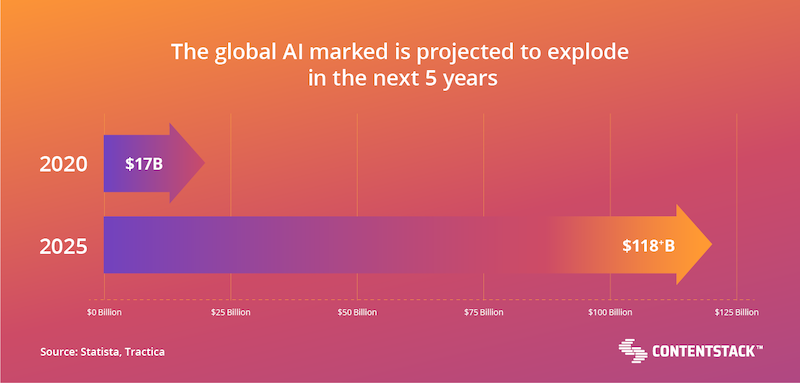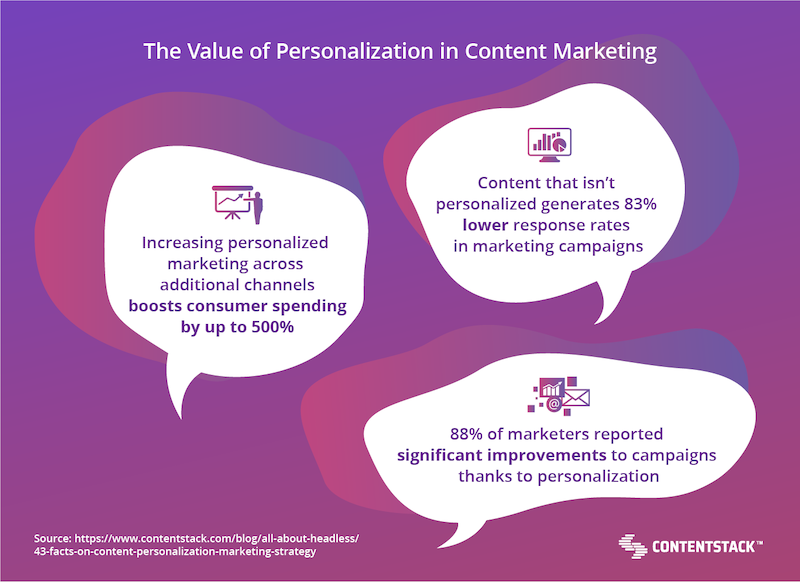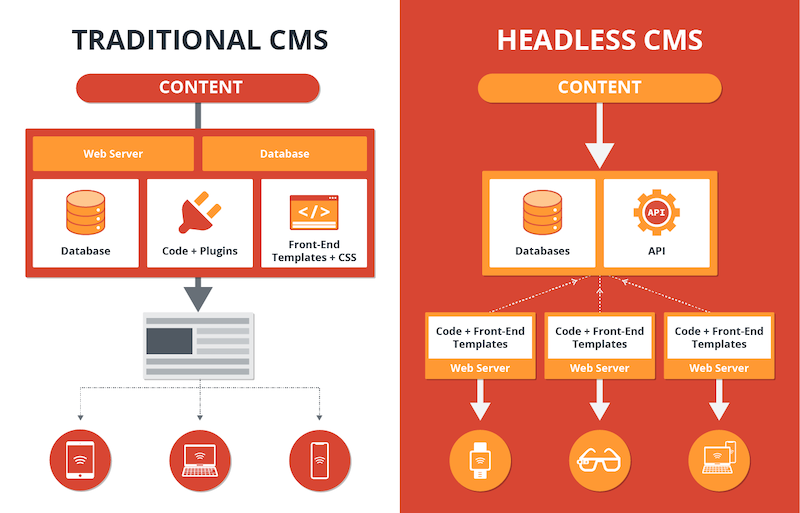The field of artificial intelligence has grown leaps and bounds since Logic Theorist, the first program to mimic human problem-solving skills, was built in 1955 by Herbert Simon, Allen Newell, and John Shaw.
Not even a century after its unveiling at the 1956 Dartmouth Summer Research Project on Artificial Intelligence conference—where the term “artificial intelligence” was coined—AI-powered computers are already writing sci-fi screenplays from scratch and “robot journalists” are creating content in record time for the Associated Press.
AI and content are a winning combination for any modern marketing department that needs to crank up the quantity of their content without sacrificing its quality. Keep reading to learn more about the practical applications of AI for content marketing and how to get it right.
Artificial Intelligence and Its Place in Content Marketing
Artificial intelligence, or AI, refers to the capability of a machine to mimic human cognitive activities. AI is an umbrella term that covers several different technologies, including machine learning (automatic “learning” without being programmed to do so), natural language processing (“reading” human language), natural language generation (“writing” and “speaking” human language), and more. The overarching theme is that all of these systems use similar AI practices to perform various cognitive processes as well as—or better than—humans. Additionally, they typically improve with time and experience.
And it’s clearly in high demand, considering predictions that the global artificial intelligence software market is going to grow by over 594% between 2020 and 2025.

The growth of AI is excellent news for content marketers. Why? Just think of all those manual, menial marketing tasks you could spend entire days on—not anymore with the help of artificial intelligence. How? Keep reading to learn the practical applications of AI for content marketing.
AI for Content: Practical Applications for Marketers
Marketers can effectively and efficiently plan and create content, predict and personalize content that resonates with each consumer, and even automate engagement—all by using AI.
Content Planning and Creation at Any Scale
“Tuesday was a great day for W. Roberts, as the junior pitcher threw a perfect game to carry Virginia to a 2-0 victory over George Washington at Davenport Field.” Did a human or a computer write that sentence? If you can’t tell, it doesn’t matter. (It wasn’t a human.) Big content producers like Yahoo and even the Associated Press have been using AI to write stories—like the sentence above, referencing W. Roberts—for years.
But if full-on robot writers aren’t your style, try implementing AI in your content creation workflow to help write short-form content such as ad copy and even nail those emails and subject lines the first time around.
AI can also be used to analyze consumer behavior and generate recommendations to the content that is most applicable to the person as they continue on their customer journey.
Effective Content Personalization
As the most critical marketing trend of this century, personalization is extremely important for the modern content marketer. And there is almost no way to execute personalized content at any valuable scale without the assistance of automation and artificial intelligence.
Computers armed with machine learning collect data from consumers that they then use to create individual profiles and generate recommendations on how to personalize content for each.

Around-the-Clock Engagement
That little box that pops up at the bottom right corner when you visit a website? It probably isn’t a real agent offering to help you—that’s a chatbot.
Chatbot software employs artificial intelligence to mimic human conversation. Chatbots enable businesses to provide around-the-clock customer service, automatically share just-right promotional and educational content, and empower consumers to self-serve as they see fit. Aside from doing all of the above to boost engagement, chatbots also streamline the customer support process to increase average resolution time and decrease costs.
.png)
How to Implement AI for Content
As we’ve explored, AI for content has several essential applications in the business world. The marketer that wants to keep their company relevant and competitive would be wise to tackle this new frontier as quickly and seamlessly as possible.
The key to implementing AI for content marketing lies in separating that content from other business assets, and enabling the filtering of the content through cutting-edge AI-powered tools for analysis, optimization, and publication across various channels.
How? With a headless content management system (CMS). The bleeding edge in content marketing, headless CMS is a purpose-built platform for compartmentalizing content creation, display, and functionality. That means that any piece of content in the CMS can be personalized and optimized for chatbot use, and otherwise updated seamlessly and infinitely.

If you’re ready to implement the AI tools you need for large-scale content planning and creation, flawless personalization, and engaging chatbot automation; it’s time to move your content management program over to Contentstack—the only headless CMS designed specifically for integrations, such as AI and personalization integrations. Contentstack includes pre-built integrations for leading AI solutions, such as IBM Watson and MonkeyLearn.
Learn more about headless CMS, and use our ROI calculator to see how you could be saving hundreds of thousands of dollars on content management, or get in touch today to try Contentstack for free!
